This is why Olivia Newton-John almost turned down her role in Grease
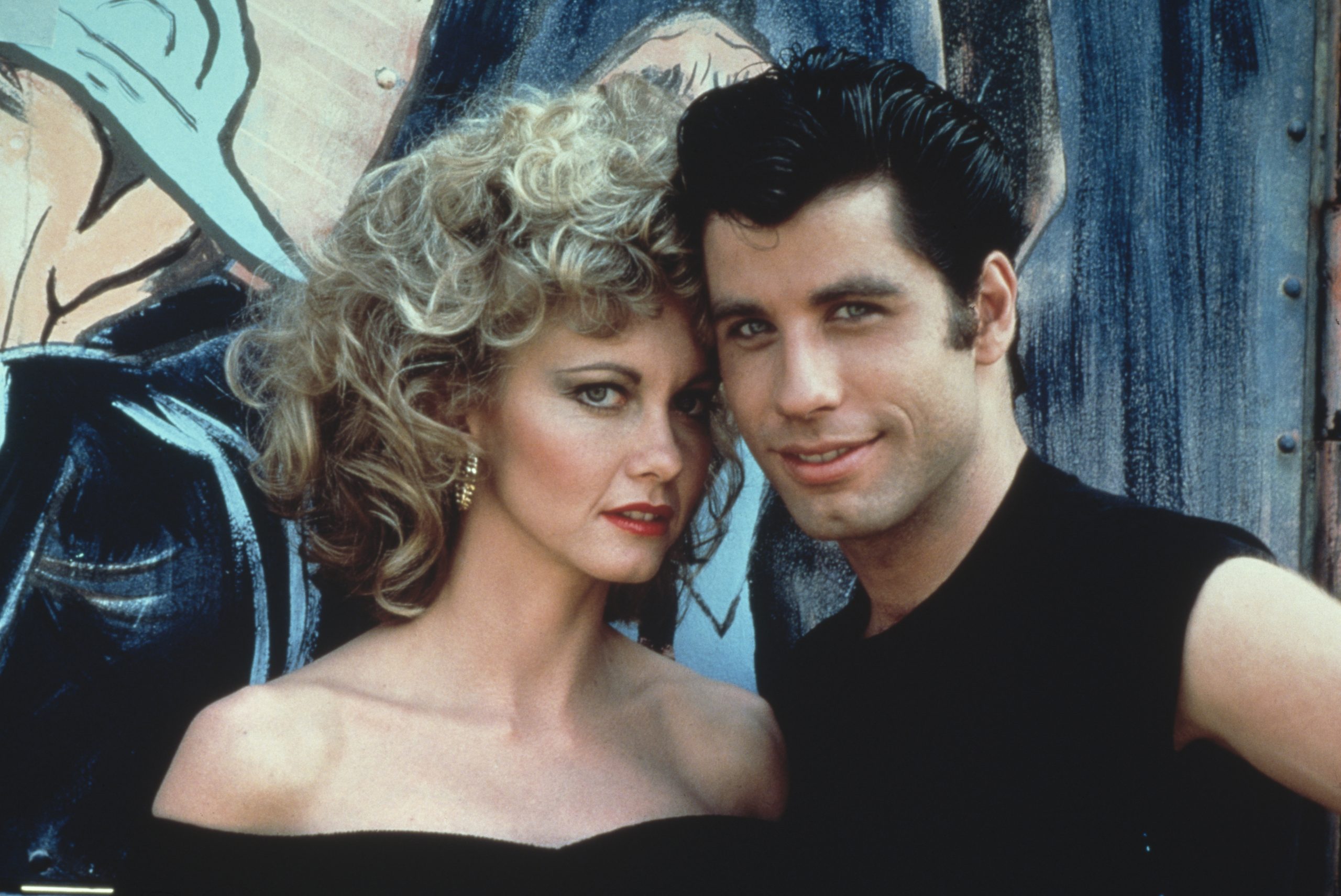

Olivia Newton John has tragically died from cancer, aged 73. The Grease actress battled breast cancer for 30 years, with the news confirmed by her widower John Easterling in a statement:
"Dame Olivia Newton-John (73) passed away peacefully at her Ranch in Southern California this morning, surrounded by family and friends. We ask that everyone please respect the family’s privacy during this very difficult time."
Olivia's Grease co-star John Travolta led the moving tributes to the star, writing that she "made all our lives better", and signing off as "your Danny".
Here, we look back on Olivia Newton-John's incredible life and her iconic role as Sandy - a part that she very nearly turned down.
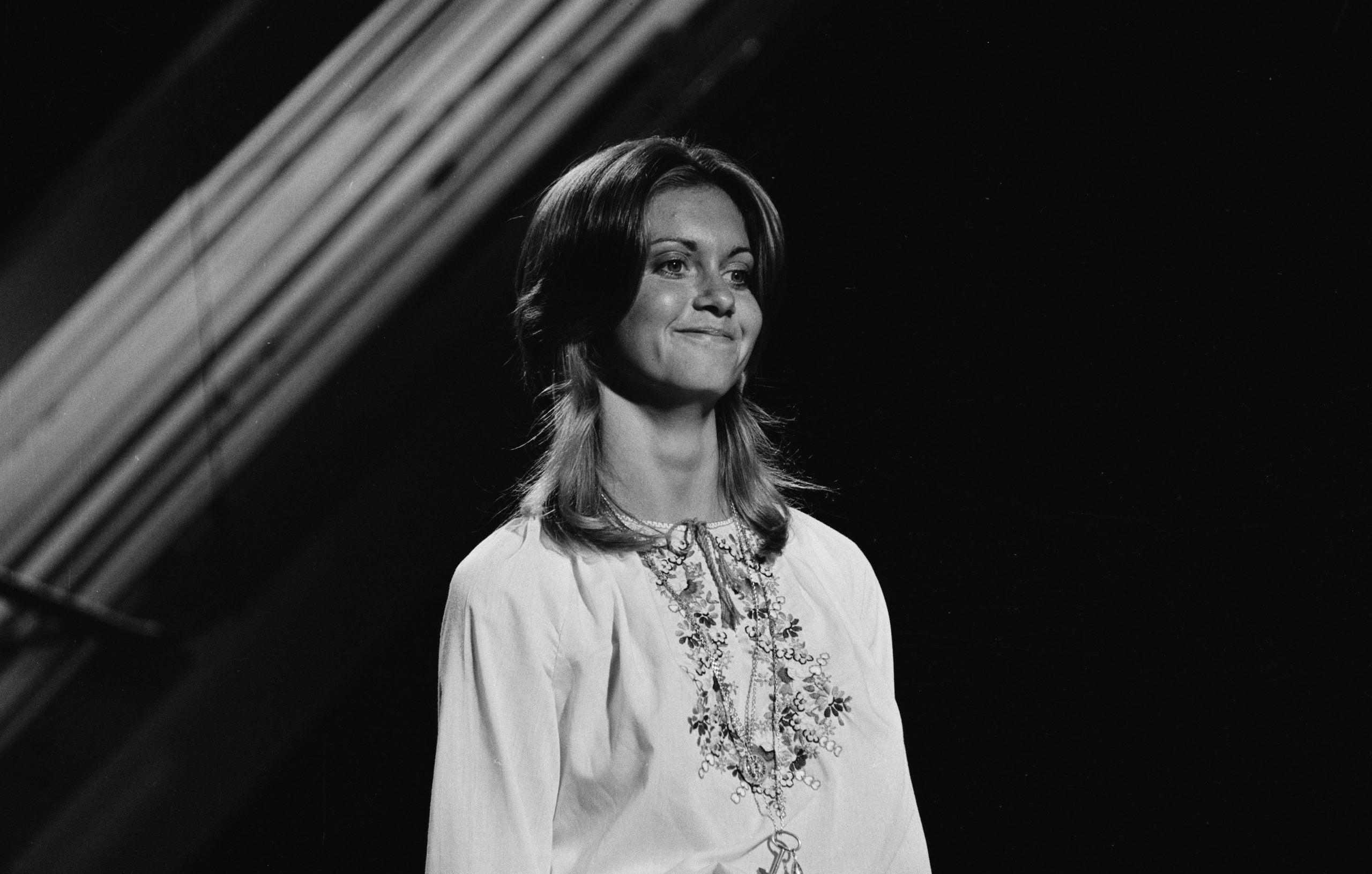
The life of Olivia Newton-John
Fourteen-year-old Olivia Newton-John was not impressed. The vocal coach her mother had booked lessons with was the best in their city, but he was trying to mould her into an opera singer when her passion was pop. Determined to do it her way, she walked out of their sessions in 1962 – and within four years had recorded her first single. "I wouldn’t sing anything I hated. I have to like it, or I wouldn’t sing it," she recounted later. And it paid off. Newton-John became a world-famous singer who has sold more than 100 million records and starred in one of the most successful film musicals of all time – Grease.
Newton-John was born on 26 September 1948 in Cambridge, England, the youngest of three children. The family emigrated to Australia when she was five, when her father, Brinley or "Bryn", was appointed dean of the University of Melbourne’s Ormond College. Given her family pedigree, it seemed inevitable that she would be wise beyond her years from a young age. Her grandfather was a Nobel Prize-winning physicist whose best friend was Albert Einstein, her father was a Second World War Enigma code breaker. But it was clear early on that her aptitude was for singing, not science – at 15 months old, she could recognise musical notes and imitate them; by two, she was pitch perfect.
By the time she was a teenager, Newton-John was obsessed with pop music and sang all the time at home. In public, however, it was a different story. "If they asked me at school to get up and sing, I was always too shy," she said. It was her older sister, Rona, who entered Newton-John, aged 12, into a competition to find a lookalike for British child star Hayley Mills. She won and it gave her the confidence to perform publicly, motivating her to form a band called Sol Four, which eventually led to appearances on television. Her big break came in 1964, when she was 16. Newton-John won a talent show called Sing, Sing, Sing – the prize was a trip to England. Once there, she was offered a one-single deal with Decca Records to record her debut, Till You Say You’ll Be Mine. Shortly afterwards, she met Bruce Welch, guitarist and songwriter with The Shadows, and they became engaged in 1968.
Celebrity news, beauty, fashion advice, and fascinating features, delivered straight to your inbox!
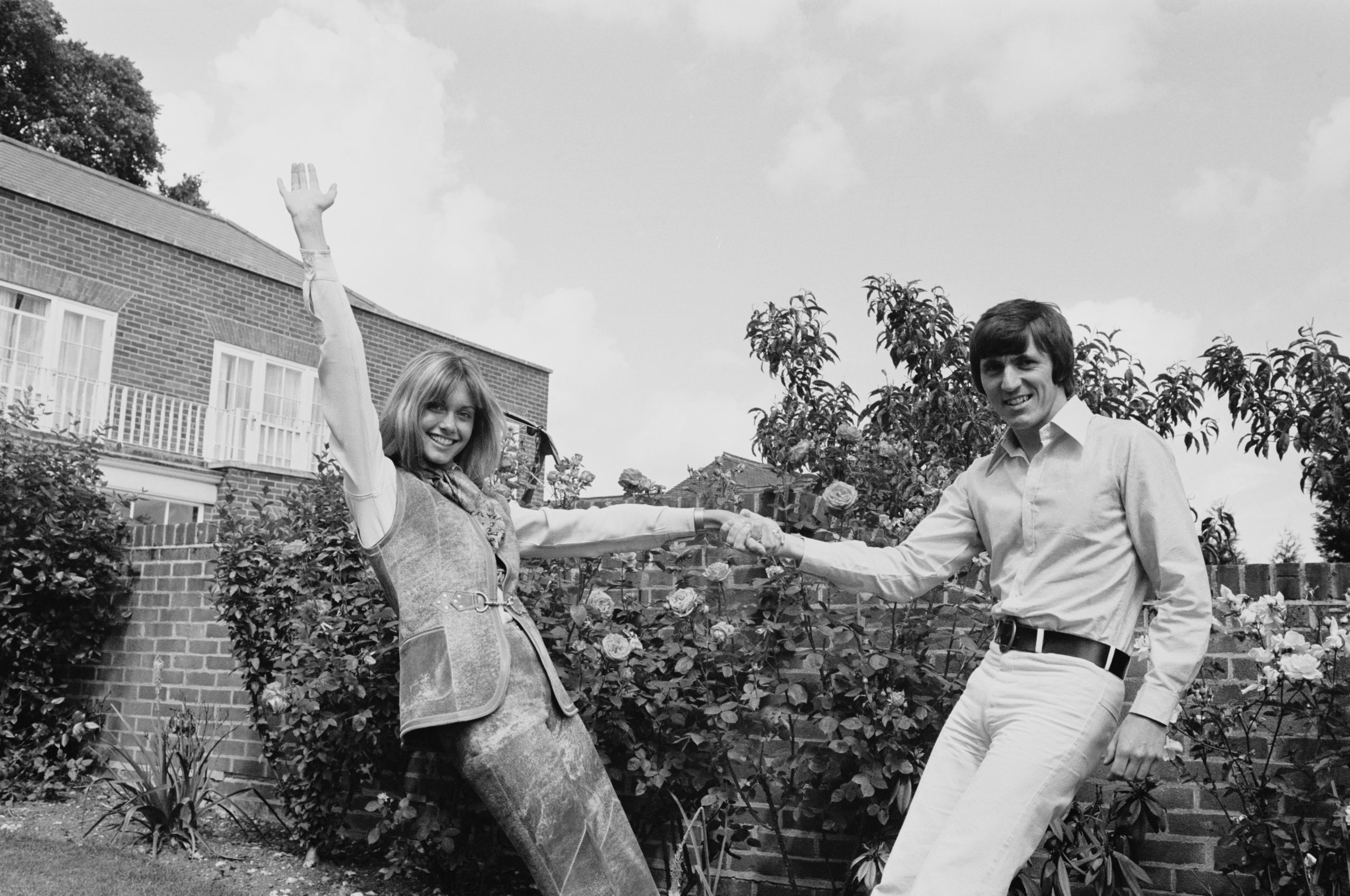
By now a fixture on the British music scene, Newton-John came to the attention of producer Don Kirshner, the man who created The Monkees. He was putting together a new band called Toomorrow to star in a sci-fi film musical and asked her to be the lead singer. According to her biographer, Tim Ewbank, Kirshner saw Newton-John as "the Julie Andrews of the future, the girl next door… only groovier." The film (of the same name) bombed on its release in 1970, but was a valuable stepping stone for the singer. Her first solo album, titled If Not For You, was released in 1971 and the title track, a Bob Dylan cover, reached number 25 in the US chart and 35 in the UK. And yet, in private, her relationship with Welch was feeling the strain and she broke off her engagement to him in 1972, amid rumours she had started seeing someone else. Devastated, Welch attempted suicide and was lucky to survive. "I told everyone that I was going away for the weekend and not to bother calling me, but I forgot about the window cleaner," he said in an interview in 2004. "He found me on the Tuesday… I had taken the pills on the Sunday."
Despite the stress of the break-up, Newton-John managed to produce an album a year between 1971 and 1974. She moved to LA and began a relationship with Lee Kramer, a wealthy shoe importer who became her manager. Her music career was rocketing but, ironically, she almost turned down the iconic role that would make her most famous – Sandy in Grease. "I was very anxious about making another film, because my music career was going well," she told Vanity Fair. "And I did not want to mess it up by doing another movie that wasn’t good." She was also worried that, at 29, she was too old to convincingly play a high-school student. It was only after a screen test with John Travolta, then a TV sitcom actor who was already on board as Danny Zuko, that she signed up. "There was only one person on this planet who could be Sandy and I was hell-bent on getting her in the movie," Travolta later said.
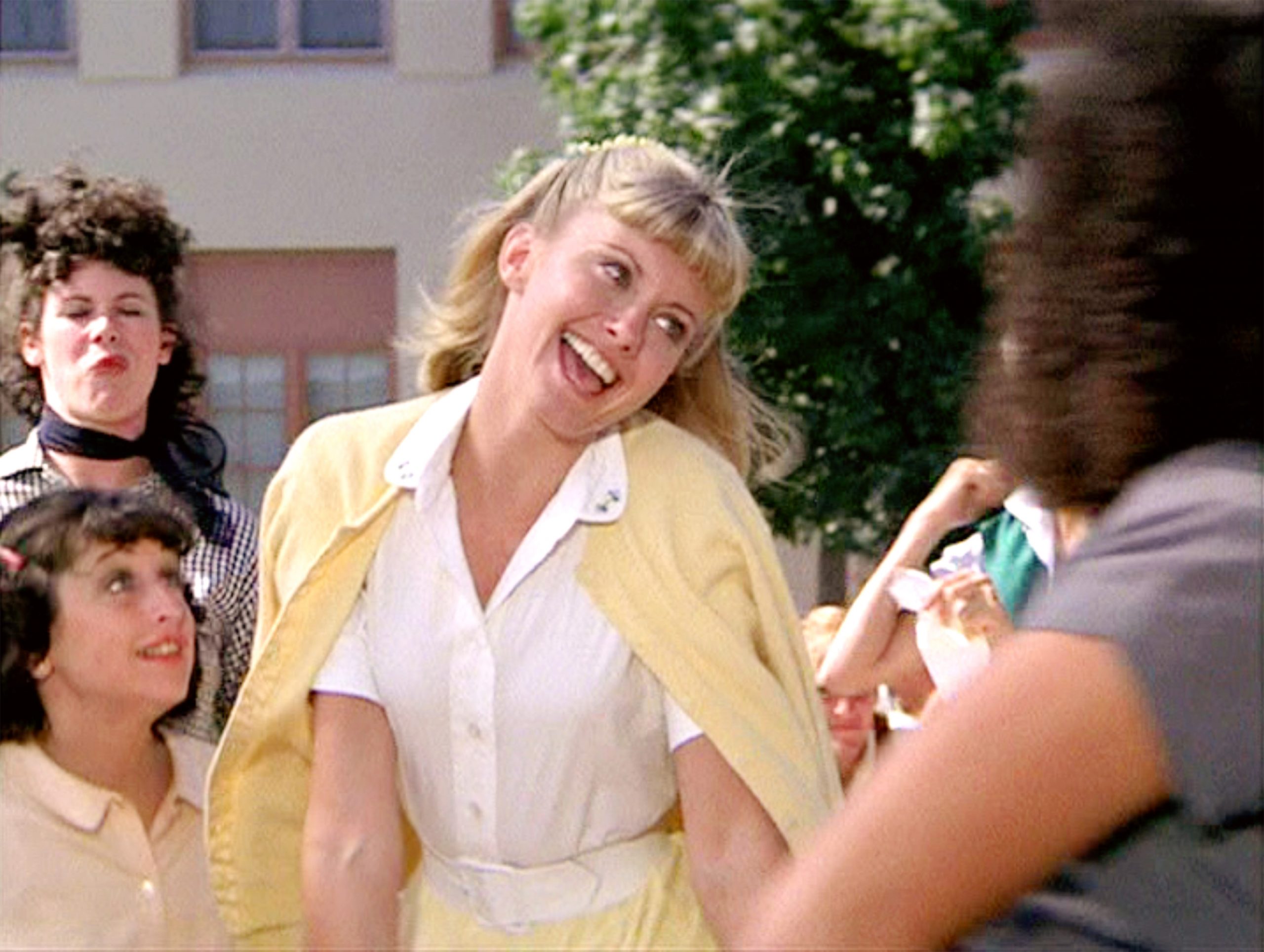
Their on-screen chemistry was "electrifying", but rumours that they became lovers during filming were wide of the mark – Travolta was mourning the death of his girlfriend, actress Diana Hyland, who’d died from cancer two months before filming started. "We had a bit of a crush on one another, but I was with someone else [Kramer] and John was going through a difficult time in his personal life. In truth, nothing was going on," Newton-John said.
Released in 1978, Grease remained the biggest-grossing musical of all time until it was overtaken by Mamma Mia! 30 years later, making £300 million at the box office to date. "Grease changed my life in the most amazing way," she said.
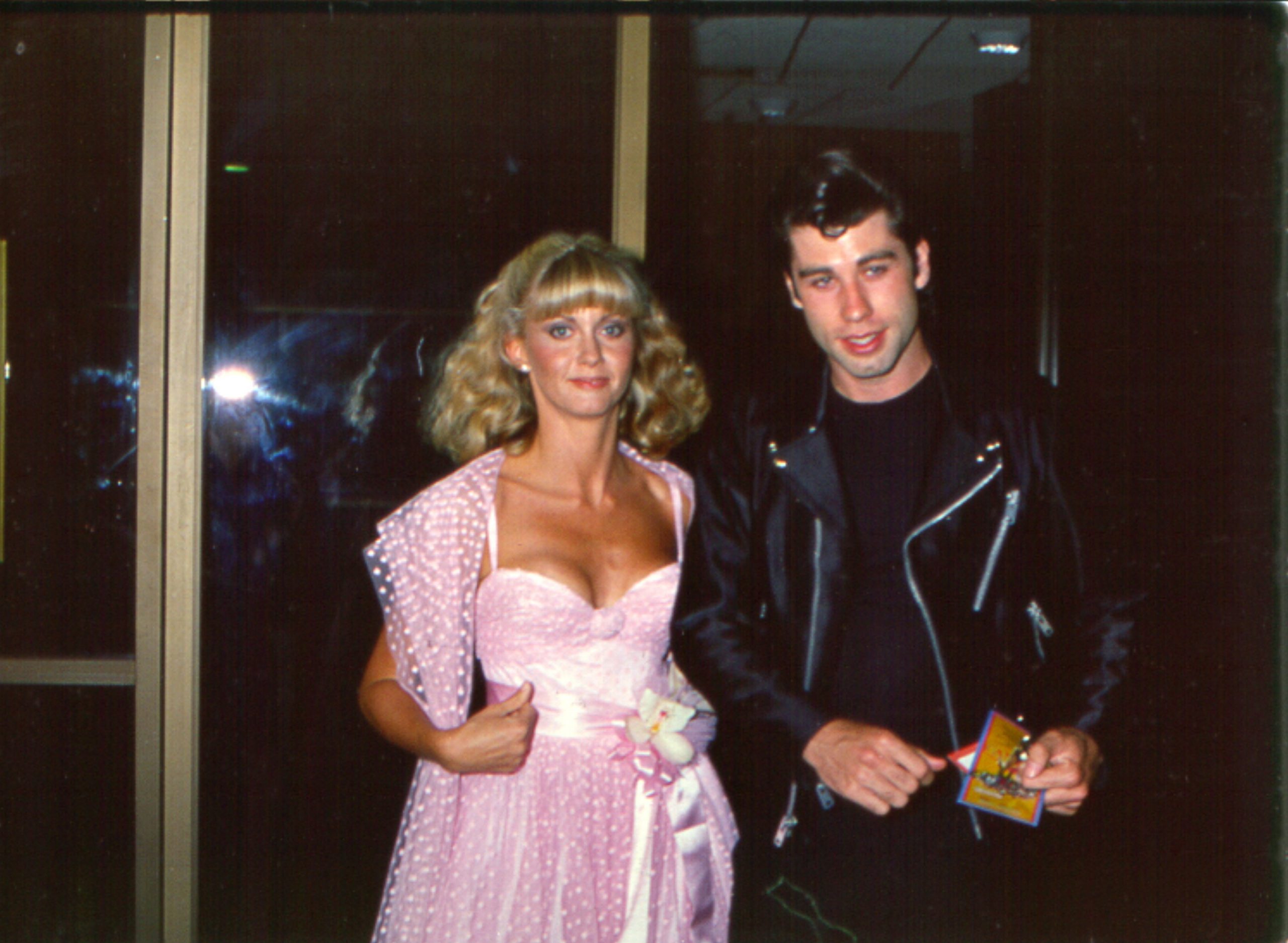
Emboldened by the reception to her transformation into ‘Sandy II’ at the end of the film, Newton-John sexed up her career with her next album Totally. She followed that up with Physical in 1981 – the title track is still talked about for its raunchy locker-room video. "Suddenly, if I wanted to be outrageous, I could," she said. She compounded the image by dating a dancer she met on the set of the movie Xanadu in 1979, after splitting from Kramer. At 19, Matt Lattanzi was 11 years her junior. "It was easier for me," he later commented. "I didn’t really have anything at stake except my vanity. She later told me that if I hadn’t made the running, asked her out and so on, nothing would have happened – even though she wanted it to." They married in December 1984 and their daughter, Chloe, was born two years later.
Newton-John continued to produce top-selling albums, but in July 1992 she was pulled up short by two devastating life events. The first was the death of her beloved father, the second was being diagnosed with breast cancer. She was 44. The singer underwent a partial mastectomy and a breast reconstruction and, during her recovery, dedicated much of her time to promoting health awareness, eventually opening The Olivia Newton-John Cancer Wellness & Research Centre in Victoria, Australia. "After I had my treatment, I had counselling, which helped me to think about the importance of my feelings," she said. "It was a positive experience in that respect." But her relationship faltered and she and Lattanzi divorced in 1995 after he had an affair.
In the years following her breast cancer diagnosis, there have been further personal challenges for the singer. Newton-John’s daughter Chloe was diagnosed as anorexic in 2004, aged 18, and was admitted to hospital for treatment. Her condition worsened throughout her twenties when she became addicted to drugs. She blamed the pressures of being a famous person’s daughter for her issues and admitted to suffering from body dysmorphia, having embarked on a series of drastic cosmetic surgery procedures. The very public ordeal put extra strain on Newton-John, who supported her daughter throughout. "Mum supported my surgery decisions, because she knew how unhappy I was before," Chloe explained.
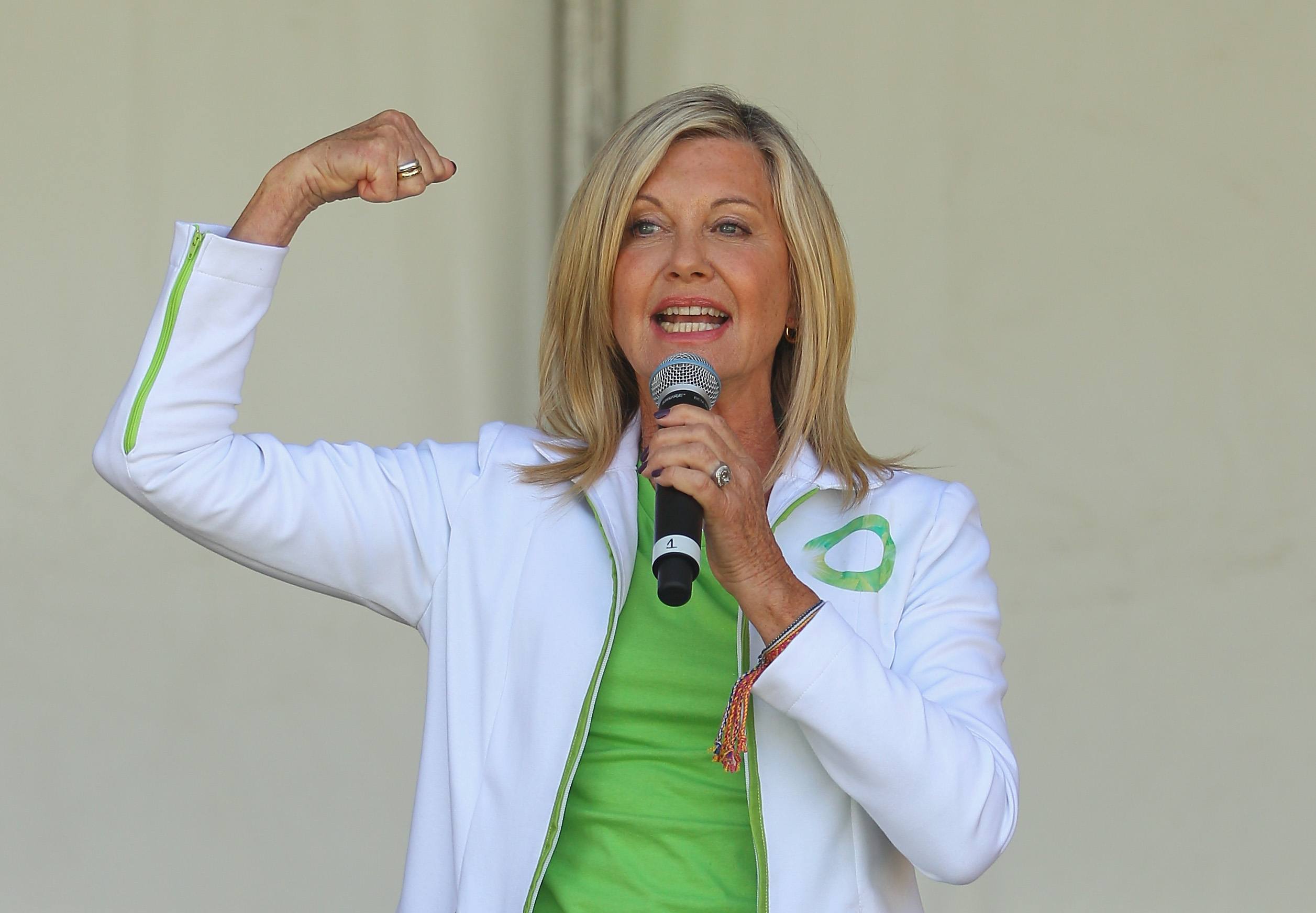
It was Chloe who helped her mother as she faced the challenge of overcoming breast cancer for the second time. In June 2017, the singer revealed the cancer had returned and metastasised in a bone in her lower back. She was forced to postpone her tour while she underwent treatment, but her second husband, John Easterling, founder of the Amazon Herb Company, whom she married in 2008, said they had an "unshakeable belief that she’s going to have a wonderful success story. We’re not trying to be positive," he told People magazine. "We have an absolute knowingness that we can turn this around."
"I am a great believer in the power of positive thinking. It can get you through an awful lot," said Newton-John. "Every year for the last 20 years, I thought I was retiring, and then somebody would say, 'How about this?' And it’s like, 'Oh, that looks fun.'"
In recent years, Olivia Newton-John and John Easterling dedicated their time and money to cancer research, launching the Olivia Newton-John Foundation Fund in 2020 to continue research into plant medicine for cancer.
"Olivia has been a symbol of triumphs and hope for over 30 years sharing her journey with breast cancer," John Easterling wrote in his statement. "Her healing inspiration and pioneering experience with plant medicine continues with the Olivia Newton-John Foundation Fund, dedicated to researching plant medicine and cancer."
Our thoughts are with Olivia-Newton John's loved ones.
This article has been updated since its original publication in 2017.

Jenny Proudfoot is an award-winning journalist, specialising in lifestyle, culture, entertainment, international development and politics. After working at Marie Claire UK for seven years - rising from intern to Features Editor - she is now a freelance contributor to the News and Features section.
In 2021, Jenny was named as a winner on the PPA's '30 under 30' list, and was also listed as a rising star in journalism.